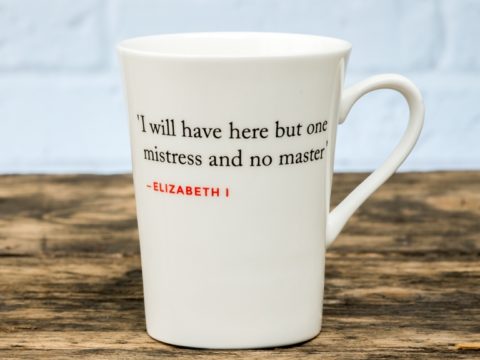Thomas More: Life Story
Chapter 10 : Expanding Roles
More rapidly became one of Henry’s closest and most confidential advisors. He was one of the councillors required to be in regular attendance, and would accompany the court as Henry moved between his palaces. He frequently wrote and read the copious correspondence between the King and the Cardinal, and dealt with incoming post from abroad, entering it into the registers and drafting responses.
Perhaps in recognition of his exposition of the problems caused by enclosure of arable and common land for sheep grazing in Utopia, he was appointed to Wolsey’s Commission on Enclosures that sought to look into the matter.
In May 1521, More was knighted, and appointed to the role (or ‘room’ as it was termed) of Under-Treasurer of the Exchequer, usually just known as the Treasurer. In this role, he was subordinate to the Duke of Norfolk, who held the position of Lord High Treasurer. Norfolk’s role was symbolic, whereas More’s role was a more practical, administrative position, although it did not require a great deal of day to day attendance. The salary was a handsome £173 6s and 8d per annum.
More’s increasing importance as an advisor to the King may be seen from an instruction from Henry to Wolsey in July 1521 to ensure that More and Sir William Sandys were fully apprised of events in Calais. The King wanted to be certain that as older men are obliged to depart from his service, the younger generation would be fully cognisant of affairs.
Later that summer, More, together with Wolsey, Tunstall, Mounjoy and others travelled to Calais and to Bruges as part of a mission to reconcile the warring King of France and Emperor Charles. Henry and Wolsey were hoping to be seen as arbitrators between the two rulers, whose constant wars for dominance of Italy were destabilising Europe and making it impossible for Christendom to put up a united front against the Ottoman Turks, advancing into Eastern Europe.
Of course, Henry’s motives were not entirely disinterested. He was without a male heir, and was anxious to make the best possible bargain when he bestowed the hand of his five year old daughter, who might inherit his kingdom. In the event, an alliance with the Emperor was agreed, and the following May Charles V visited London. More was selected by the City of London to deliver an oration during the fortnight of official visits and ceremonies. To ensure he cut the right figure, the City gave him £10 to buy a velvet gown.
Despite More’s ubiquity in government matters, there is no evidence that he himself ever put forward advice or counsel – he was always subordinate to Wolsey, whom he addressed with the usual sycophancy employed by the sixteenth century courtier. In one rather cringe-worthy example he seconded Henry’s praise of a letter of Wolsey’s. Henry’s admiration was:
‘…as help me God in my poor fantasy not causeless for it is for the quantity one of the best made letters for words, matter, sentence and couching that I have ever read in my life.’
More was very well aware of what he was doing, and in private letters sometimes laughed at how hard courtiers tried to flatter Wolsey. Nevertheless, there is no reason not to believe that he worked well with the Cardinal and genuinely admired Wolsey’s many talents.
The admiration was mutual. In 1523, Wolsey arranged for More to be selected as Speaker of the House of Commons. In theory, the Commons chose the Speaker themselves, but it was usual for the King’s wishes to be taken into account.



